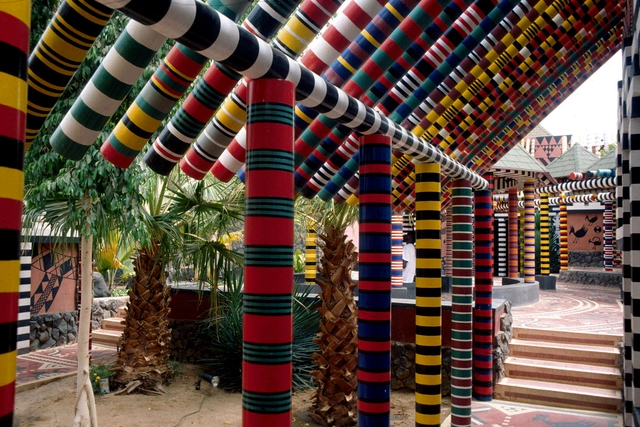
A recent report from Nigeria’s Ministry of Agriculture predicts that at least 31.5 million citizens may experience a food and nutrition crisis between June and August of this year. This alarming data highlights the severity of the food crisis that has progressively escalated over the last few years. The high prices of fruits and vegetables and their dwindling supply in local markets are already evident, as major staples disappear from food tables. This situation portends a bleak future for Nigeria as most people struggle to make ends meet, even in better times.


















10.jpg?1587641554&format=webp&width=640&height=580)
7.jpg?1587641448)
4.jpg?1587641493)
2.jpg?1587641529)
11.jpg?1587641544)
10.jpg?1587641554)
